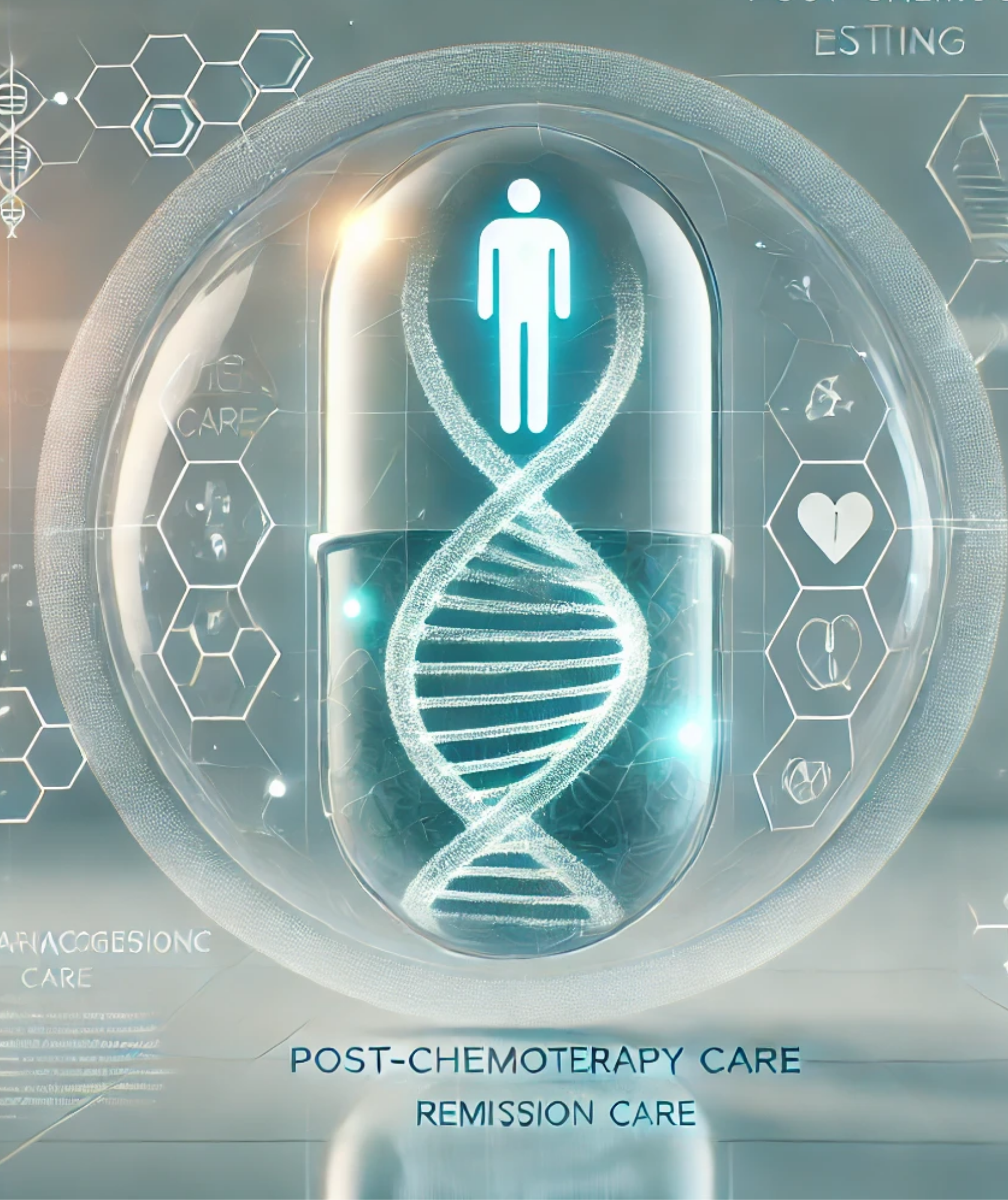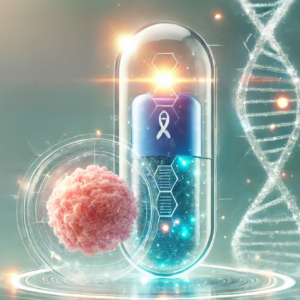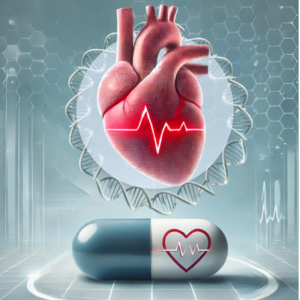Post Chemo Care (Remission Care) Test
The Post Chemo Care (Remission Care) Test is a pioneering service designed to optimize recovery after cancer treatment, specifically for patients who are in remission. By utilizing genetic testing for cancer treatment and pharmacogenomics, this test helps identify genetic factors that influence how your body responds to cancer drugs and chemotherapy, ensuring that the recovery process is as effective and personalized as possible. The test provides crucial insights that guide oncologists in making data-driven decisions about the next steps in your care, allowing for personalized cancer treatment with PGx and tailored support as you transition into remission.
1. Who Should Take the Post Chemo Care Test?
This test is ideal for individuals who:
- Are in remission following cancer treatment and want to ensure their recovery process is optimized.
- Have completed chemotherapy and want to assess how their body is responding to the medications used during treatment.
- Are seeking a personalized, evidence-based approach to managing their post-chemotherapy care.
- Have experienced lingering side effects from chemotherapy and are looking for ways to mitigate them.
- Want to gain insights into their genetic predispositions to enhance their long-term health after cancer treatment.
2. Why Is This Test Important?
Post chemotherapy, cancer patients may experience a wide range of challenges, from side effects to concerns about the effectiveness of ongoing medications. Understanding how your genetic makeup influences your response to chemotherapy and cancer drugs is essential for refining the post-treatment care plan. Here’s why this test is important:
- Optimizes Recovery: By understanding how genetic variations affect drug metabolism, the test can recommend personalized treatments that accelerate recovery and prevent recurrence.(3)
- Identifies Risks: Genetic testing for chemotherapy side effects helps pinpoint genetic markers that could make certain patients more susceptible to long-term issues such as fatigue, organ damage, or neuropathy.(4)
- Refines Drug Use: The Onco PGx test for cancer enables better drug management, helping to adjust medications or dosages based on your genetic profile, thus minimizing adverse effects.(5)
- Improves Remission Monitoring: Regular genetic testing and counseling can help oncologists monitor remission more accurately and predict potential relapses.
- Personalized Care Plan: Tailors treatment and recovery strategies to ensure the best chance for maintaining long-term health post-treatment.
Genetic insights and adverse drug effects post chemotherapy:
Pharmaco-epidemiological surveys reveal that post-chemotherapy serious adverse effects (SAEs) affect 44.5% of patients, with the highest rates linked to drugs like topo-isomerase inhibitors and platinum derivatives. Factors such as metastases, comorbidities, and bronchial-pulmonary cancers further increase SAE risks, highlighting the need for enhanced post-chemotherapy pharmacovigilance.(1)
Post-chemotherapy outcomes, including serious adverse effects, are influenced by genetic factors, with pharmacogenomics playing a key role in personalizing treatment. Genetic variations, such as mutations in BRCA1 and BRCA2, affect platinum sensitivity and resistance. Pharmacogenomics helps tailor chemotherapy regimens by assessing how genetic alterations impact drug response and toxicity. Integrating genetic data with real-time monitoring can improve treatment efficacy and minimize adverse effects.(2)
3. DrOmics Pharmacogenomics Test for Post-Chemo Care:
The DrOmics Post-Chemo Care Test combines advanced pharmacogenomics and personalized medicine to optimize recovery after chemotherapy. By identifying genetic variations that affect how your body processes cancer drugs, the test provides a personalized recovery plan, helping to manage chemotherapy side effects. It offers data-driven insights and evidence-based treatment recommendations, enabling healthcare providers to make precise adjustments to care, minimize risks, and enhance the patient’s quality of life during recovery.
| Drug | Disease |
| leucovorin | anemia |
| cyanocobalamin | |
| folic acid | |
| gimeracil | boost the effectiveness of anticancer drugs |
| fentanyl | cancer pain and constant pain management. |
| dexrazoxane | Doxorubicin induced cardiomyopathy |
| allopurinol | leukemia |
| erythromycin | macrolide antibiotic used to treat and prevent a variety of bacterial infections. |
| morphine | moderate to severe acute and chronic pain. |
| granisetron | nausea and vomiting |
| dolasetron | |
| tropisetron | |
| palonosetron | |
| ondansetron | |
| midazolam | Neoplasms |
| aspirin | Pain |
| celecoxib | |
| ketamine | |
| opioids | |
| oxycodone | |
| dexamethasone | inflammatory conditions in various body locations |
| zoledronate | malignancy associated hypercalcemia |
4 .How Does This Work?
- Sample Collection: A non-invasive DNA sample is collected using a simple cheek swab.
- Comprehensive Analysis: The sample undergoes advanced genetic testing to identify relevant markers influencing chemotherapy drug response.
- Detailed Reporting: A comprehensive report highlights your genetic predispositions, potential drug interactions, and recommended treatment adjustments.
- Expert Consultation: Results are reviewed with a genetic counselor or oncology specialist to create a personalized treatment plan tailored to your needs.







Reviews
There are no reviews yet.